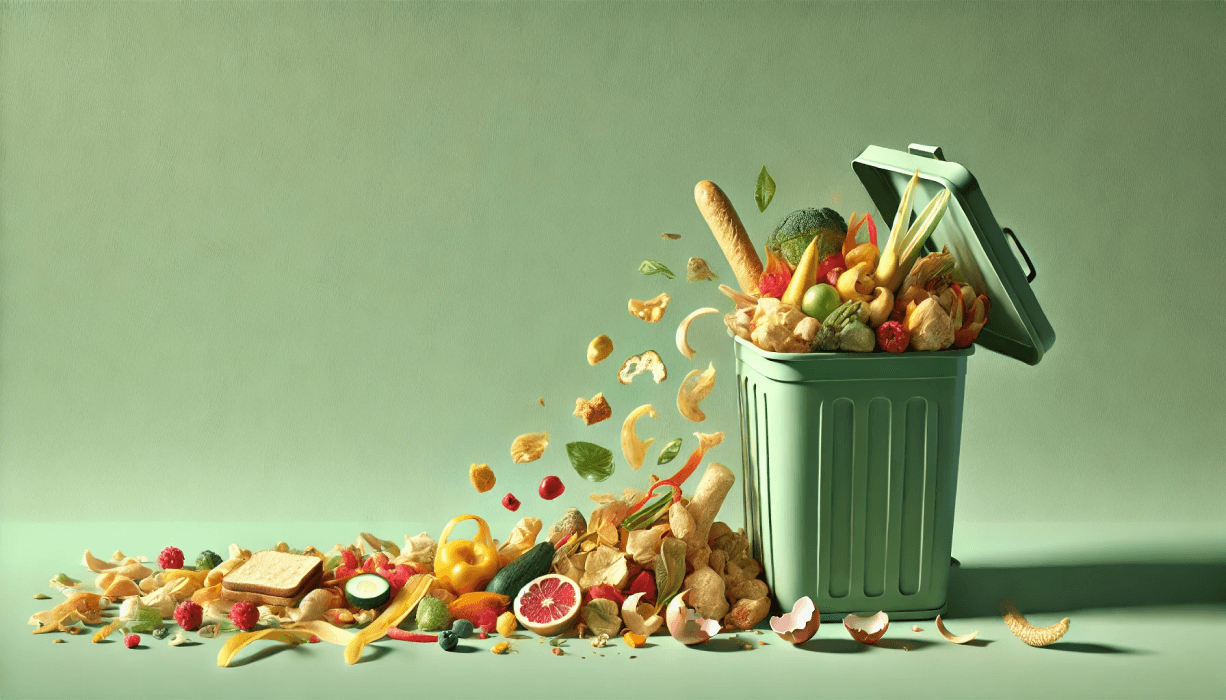Upcycled certification is a vital aspect of the sustainable product landscape, offering a standardized approach to ensuring that products made from pre-consumer and post-consumer waste adhere to specific environmental and quality criteria. The certification process not only validates the ecological benefits of upcycled materials but also enhances consumer trust and marketability for brands committed to sustainability.
The Importance of Upcycling
Upcycling, the practice of transforming waste materials into new products of better quality or environmental value, has become increasingly important as industries focus on reducing waste and mitigating environmental harm. In the context of Food Safety Certification, upcycling is also crucial for ensuring that the processes involved maintain the highest standards of safety and quality. Here’s why upcycling is essential:
- Environmental Impact: Upcycling reduces the volume of waste sent to landfills and lowers the demand for new raw materials, which can lead to deforestation, water pollution, and biodiversity loss.
- Resource Efficiency: By repurposing existing materials, companies can conserve natural resources, minimize energy consumption, and mitigate greenhouse gas emissions associated with the production of new goods.
- Innovation and Creativity: The upcycling process often encourages innovative design solutions, fostering creativity among designers and manufacturers.
What is Upcycled Certification?
Upcycled certification serves as a formal recognition that a product meets specific upcycling criteria, providing consumers with assurance regarding the environmental integrity of the product. This certification typically involves an assessment of several factors:
- Material Sourcing: The origin of the materials used in the product must be documented, confirming that they are indeed upcycled from waste streams.
- Process Transparency: The manufacturing process must be transparent and adhere to sustainable practices, ensuring that the transformation of materials does not harm the environment.
- Quality Standards: Products must meet established quality benchmarks, assuring that upcycled items are durable, functional, and safe for consumer use.
Certification Bodies and Standards
Various organizations and certification bodies have emerged to oversee the upcycled certification process. These entities establish guidelines and standards that products must meet to obtain certification. Some prominent certification bodies include:
- The Upcycled Food Association: Focuses primarily on food products, ensuring that upcycled food items meet nutritional and safety standards.
- Global Recycling Standards: Provides criteria for a broad range of recycled materials, including those that are upcycled.
- Cradle to Cradle Products Innovation Institute: Offers a certification program that includes upcycling as a key component in its circular economy framework.
The Certification Process
The upcycled certification process generally involves several steps:
- Application Submission: Manufacturers submit an application detailing their product, including information about material sources, manufacturing processes, and sustainability practices.
- Documentation Review: The certification body reviews the submitted documentation to ensure compliance with established standards.
- Site Inspection: In some cases, a physical inspection of the production facility may be conducted to verify practices and material sourcing.
- Certification Decision: Based on the review and inspection results, the certification body grants or denies certification.
- Ongoing Compliance: Certified companies must regularly submit updates and undergo periodic reviews to maintain their certification status.
Benefits of Upcycled Certification
Obtaining upcycled certification offers numerous advantages for businesses:
- Market Differentiation: Certification helps products stand out in a crowded marketplace, appealing to environmentally conscious consumers.
- Enhanced Credibility: A recognized certification signals to consumers that a company is genuinely committed to sustainability practices.
- Access to New Markets: Many retailers and distributors prefer to work with certified brands, providing greater opportunities for sales.
- Consumer Education: Certification promotes awareness of upcycling and its benefits, encouraging consumers to make informed purchasing decisions.
Challenges and Considerations
While the benefits of upcycled certification are significant, there are challenges that companies may face:
- Cost of Certification: The process can be resource-intensive, requiring investment in documentation, inspections, and potential modifications to production practices.
- Complexity of Standards: Navigating the different standards and requirements set by various certification bodies can be challenging for businesses.
- Market Perception: Some consumers may still be skeptical of upcycled products, requiring companies to invest in marketing and education efforts.
Conclusion
Upcycled certification represents a critical step toward promoting sustainable practices within industries reliant on materials and manufacturing. By validating the environmental benefits of upcycled products, certification not only fosters greater consumer trust but also encourages businesses to innovate and adopt sustainable practices. As consumer demand for eco-friendly products continues to grow, upcycled certification will play an essential role in shaping a more sustainable future.





.webp?width=1644&height=1254&name=Food%20Safety%20Dashboard%201%20(1).webp)
